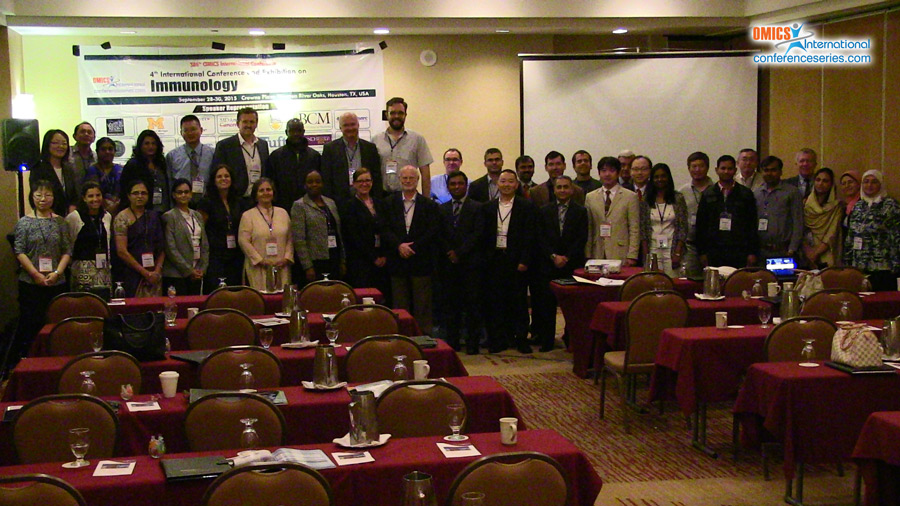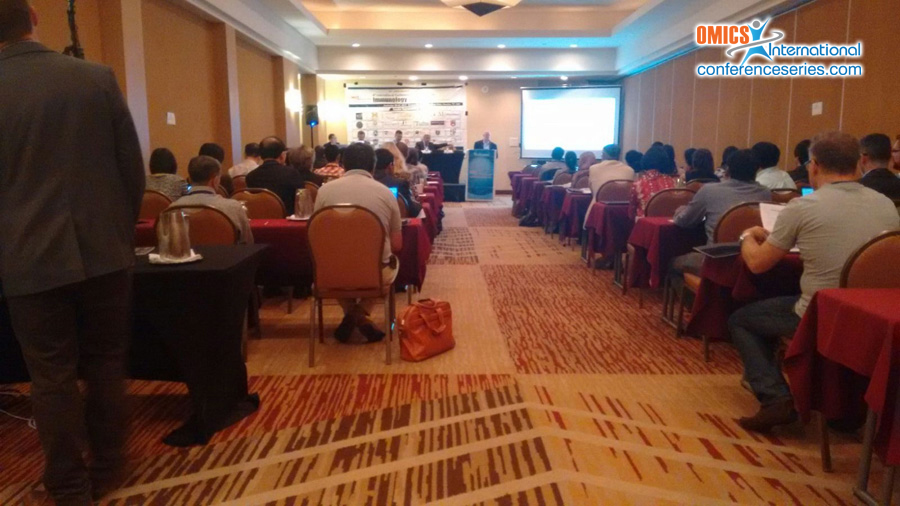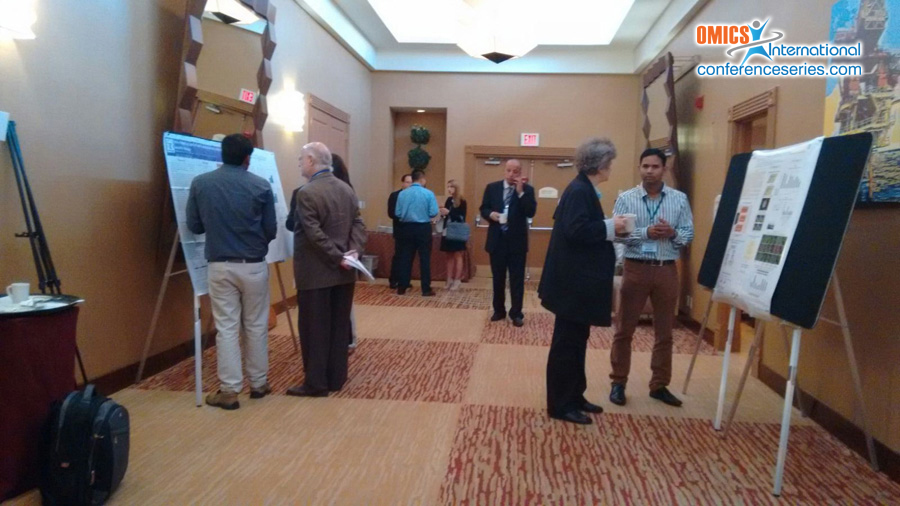Maria da Graça Justo Araujo
State University of Rio de Janeiro, Brazil
Title: Fanconi anemia: Immune deficiency and susceptibility to cancer
Biography
Biography: Maria da Graça Justo Araujo
Abstract
Fanconi anemia (FA) is a genetic disorder of genomic instability, with main clinical symptoms involving congenital abnormalities, infertility, bone marrow failure and a predisposition to the development of several types of cancer, especially acute myelogenous leukemia (AML) and head and neck carcinomas. Homozygous or bi-allelic mutations in one of 16 genes corresponding to distinct proteins prevent the repair of DNA damage caused by inter-strand cross-linking (ICL) agents and maintenance of genomic integrity during the replication process. The pathogenesis of FA affects cellular processes essential for the homeostasis of the organism, such as differentiation, proliferation and apoptosis, among other less evident, as the immune system that seems to reflect a primary defect of the disease. Peripheral cytokines such as TNF-ï¡, INF-ï§, IL-10 and IL-1β may be increased in the blood of these patients, while lower levels IL-6 are observed. However, patients with advanced bone marrow failure seem to show a different profile, with increased levels of TGF-β and IL-6. The absolute number of total lymphocytes is reduced, more specifically the populations of B, T CD8+ and NK cells, as well as their activities. Changes are observed in the proportions normally seen among NK cell subpopulations, suggesting defects in the differentiation of these cells. Clinically, these changes are reflected in an increased susceptibility to various pathogens. Here, we will describe aspects of the diversity, plasticity and microenvironment of the immune system and how genomic instability can affect these mechanisms in the immune system of patients with FA.
Speaker Presentations
Speaker PDFs
Speaker PPTs Click Here



